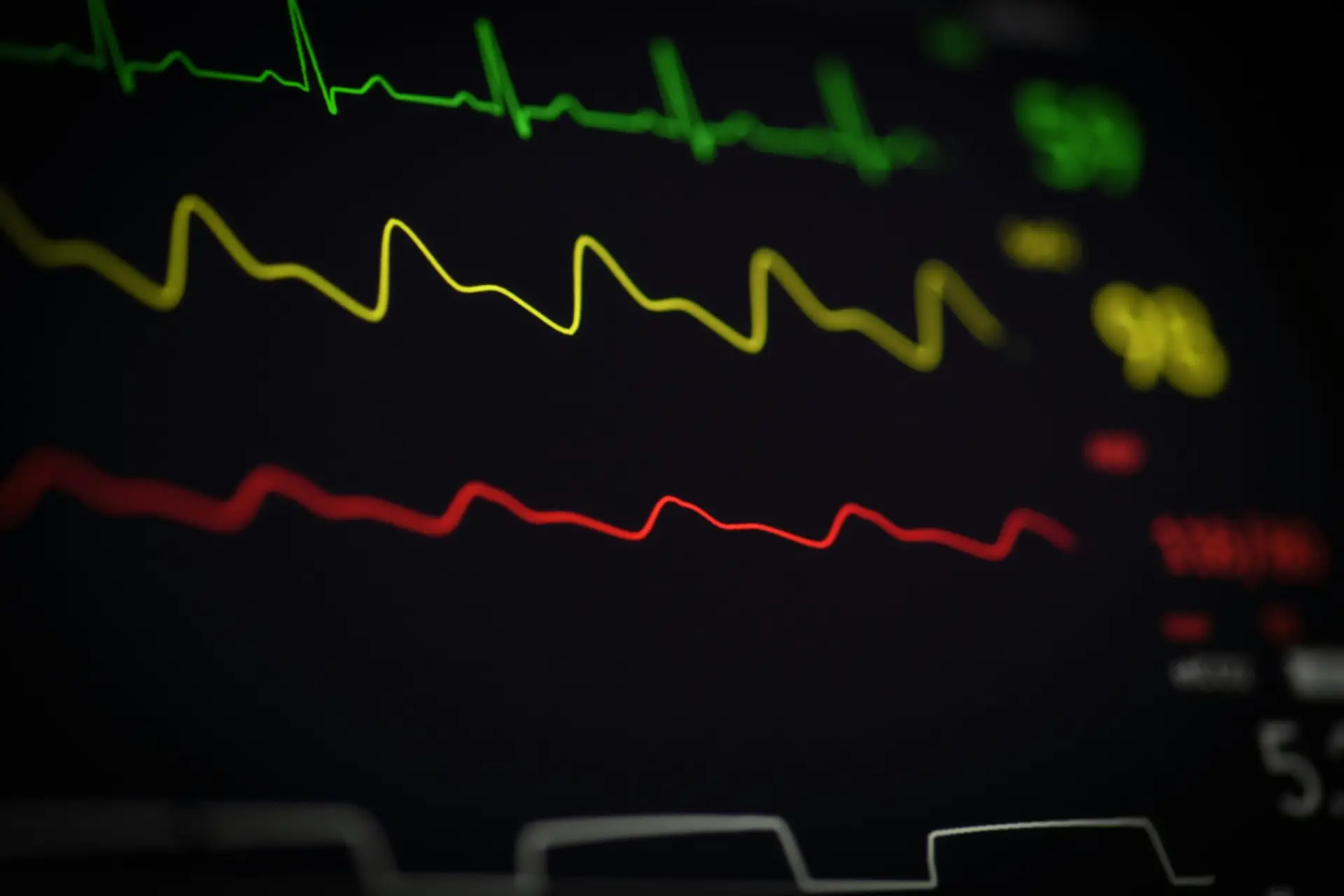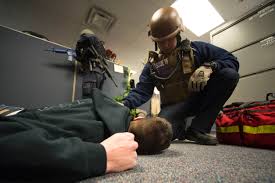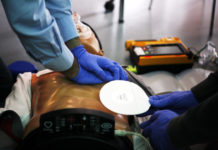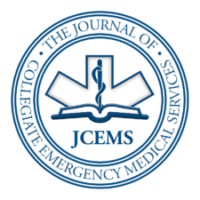Illinois Institute of Technology creates on-campus EMS organization with initial focus on community CPR/AED...
Current student Alexandra Montgomery leads the charge to develop a new campus EMS organization.
Marketing Your EMS Experience
Collegiate EMS providers should leverage their experience in EMS to demonstrate their qualifications for employment or graduate education.
Fundraising for Your Collegiate EMS Agency
Following five strategies, Skidmore College EMS tripled their fundraising goal. Consider adopting these strategies to maximize returns on your next campaign.











